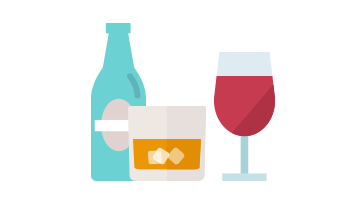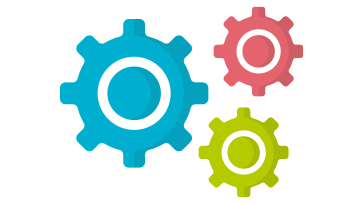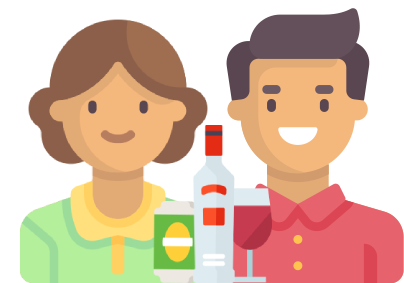Welcome to our parent hub
Start the conversation about alcohol today
Prevent underage drinking, reduce future harm
Sign up to our newsletter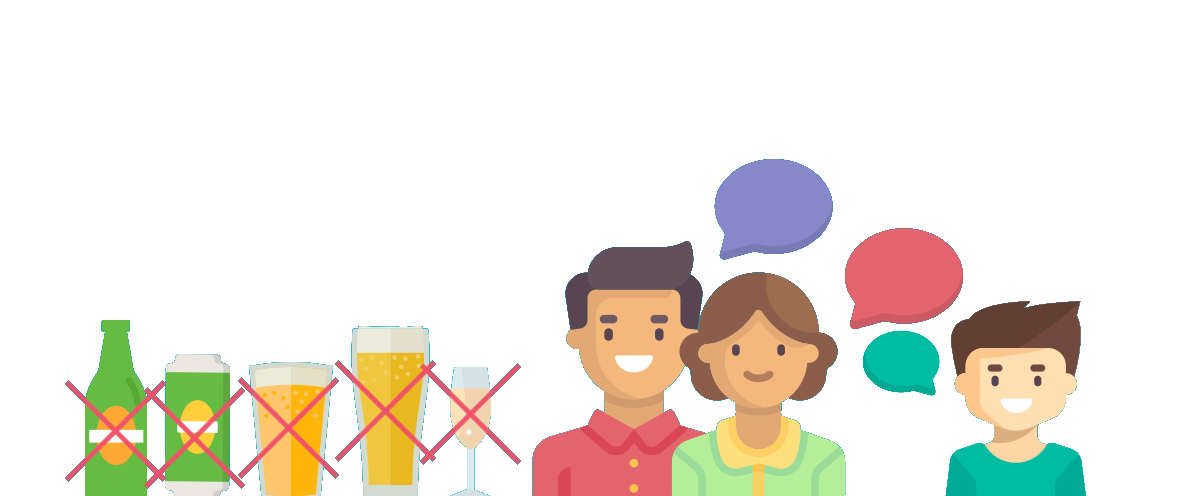
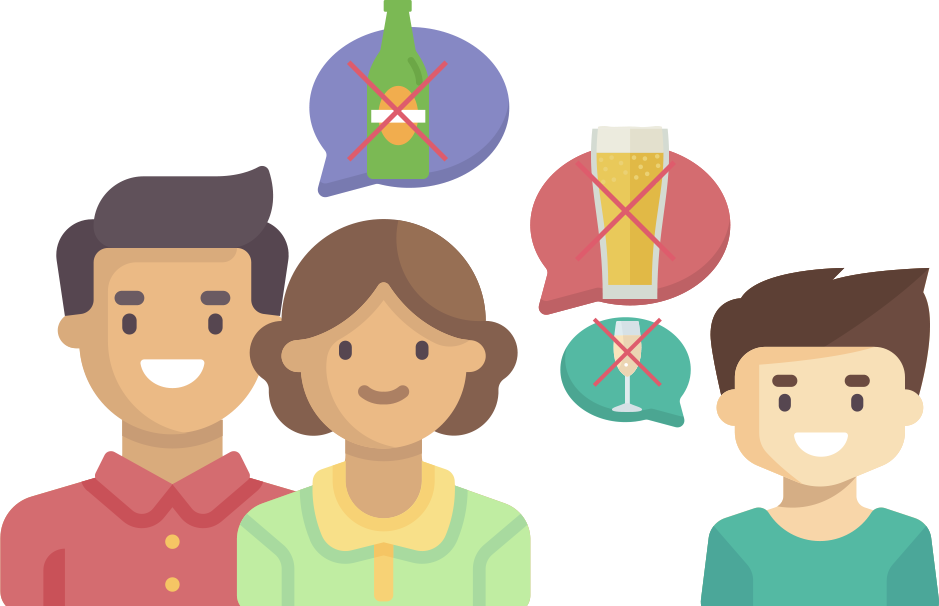
As a parent, your influence is greater than that of alcohol.
That’s the good news. You are in a unique position to help your child develop a lifelong healthy attitude towards alcohol. However, we know it’s not an easy conversation to start. Underage drinking is a tricky issue. What to say? How will they react? Can they handle peer pressure? That’s why we created the Parent Page. We’re here to help you empower your children to make the right decision.
PARENT PAGE QUICK LINKS
MAKE YOUR ACTION PLAN IN 6 SIMPLE STEPS
- P Proactive
- A Activities
- R Rules
- E Example
- N Notice
- T Talk
Don't wait for an alcohol-related incident to happen.
Limit the amount of idle time your child has by helping them to stay active, healthy and fulfilled.
Discussing this openly helps encourage mutual trust and respect.
Remember, you are the most influential person in your child's life.
Get to know changing patterns in behaviour - who are their friends, what are their interests?
Here are some handy tools to help you build an open, ongoing conversation about alcohol with your child.
HANDY LINKS TO GREAT SUPPORT


